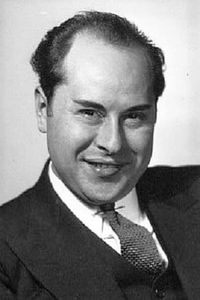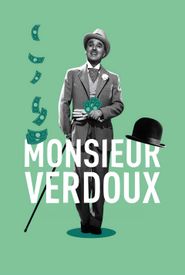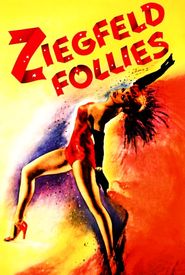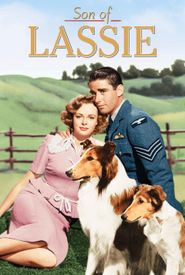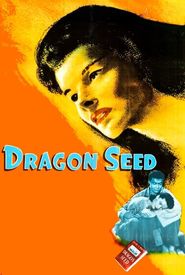Robert Lewis, a renowned American actor, director, educator, author, and innovative entrepreneur, has made a profound and lasting imprint on the world of American theater, an influence that continues to resonate and reverberate powerfully to this day.
Lewis' remarkable contributions to the world of theatre extend far beyond his own impressive body of work on Broadway and in Hollywood, as his profound and lasting impact on the art form can be seen in his influential role as a master instructor of acting and directing, a role that has had a profound and lasting impact on the development of his craft.
As a passionate advocate for the Stanislavski System of acting technique, Lewis played a pioneering role in the evolution of this groundbreaking approach, leaving an indelible mark on the world of acting and directing that continues to be felt to this day.
His dedication to the Stanislavski System, a revolutionary approach that emphasized the importance of emotional recall and the actor's personal experiences in creating authentic and nuanced performances, helped to shape the course of acting and directing for generations to come.
Through his work as an instructor, Lewis inspired countless aspiring actors and directors, imparting his vast knowledge and expertise to a new generation of artists, and leaving behind a legacy that continues to inspire and influence the world of theatre to this day.
As a testament to his enduring impact, Lewis' legacy as a master instructor of acting and directing continues to be felt, with his influence still being celebrated and honored by artists and audiences alike, a true testament to the power and lasting impact of his work.
During the 1930s, the innovative and visionary actor, Lewis, played a pivotal role as a founding member of the avant-garde Group Theatre in New York City, a pioneering institution that relentlessly pushed the boundaries of theatrical innovation, forever changing the landscape of the performing arts.
Years later, in the 1970s, Lewis's illustrious career reached new heights as he assumed the esteemed position of Head of the Yale School of Drama's Acting and Directing Departments, a testament to his unwavering dedication to the craft and his unshakeable authority in his field, cementing his status as a preeminent figure in the world of theatre.
Cherished memories of his illustrious career unfolded like a rich tapestry, weaving together the threads of his remarkable journey, which began with the founding of the esteemed Actors Studio in the vibrant city of New York, a pioneering endeavour undertaken in 1947, a year that marked the inception of a lifelong dedication to the craft of acting, which would eventually propel him to the highest echelons of his profession, leaving an indelible mark on the world of American theatre, and securing his position as one of the most revered and respected figures in the annals of the performing arts, his name etched forever in the collective consciousness of the theatrical community, a testament to his unwavering passion, unrelenting dedication, and unparalleled artistry.
---
**Lee Strasberg**
Born on November 17, 1901, in Budzanov, Russian Empire (now Belarus),Lee Strasberg was a Polish-born American actor, theatre practitioner, and director. He is best known for founding the Actors Studio in New York City in 1947, which became a hub for method acting and a breeding ground for some of the most talented actors of the 20th century.
Strasberg's interest in acting began at a young age, and he made his stage debut in 1925 in a production of "The Good Woman of Setzuan" in Berlin. He later moved to the United States, where he worked as an actor and director, studying under the tutelage of Konstantin Stanislavski, a Russian theatre practitioner who was instrumental in the development of the Stanislavski system.
In the 1940s, Strasberg became the artistic director of the Actors Studio, which he founded with Cheryl Crawford and Elia Kazan. The studio quickly gained a reputation for producing some of the most talented and innovative actors of the time, including Marlon Brando, James Dean, and Sidney Poitier.
Strasberg's approach to acting, which emphasized the importance of the actor's personal experiences and emotions, became known as the "Method," and it had a profound impact on the development of modern acting techniques. He also wrote several books on acting, including "A Dream of Passion" and "Strasberg at the Actors Studio."
Throughout his career, Strasberg received numerous awards and accolades, including a Tony Award for Best Director for his work on the 1959 production of "The Iceman Cometh." He continued to work in the theatre until his death on February 17, 1982, leaving behind a legacy that continues to influence the world of acting to this day.
